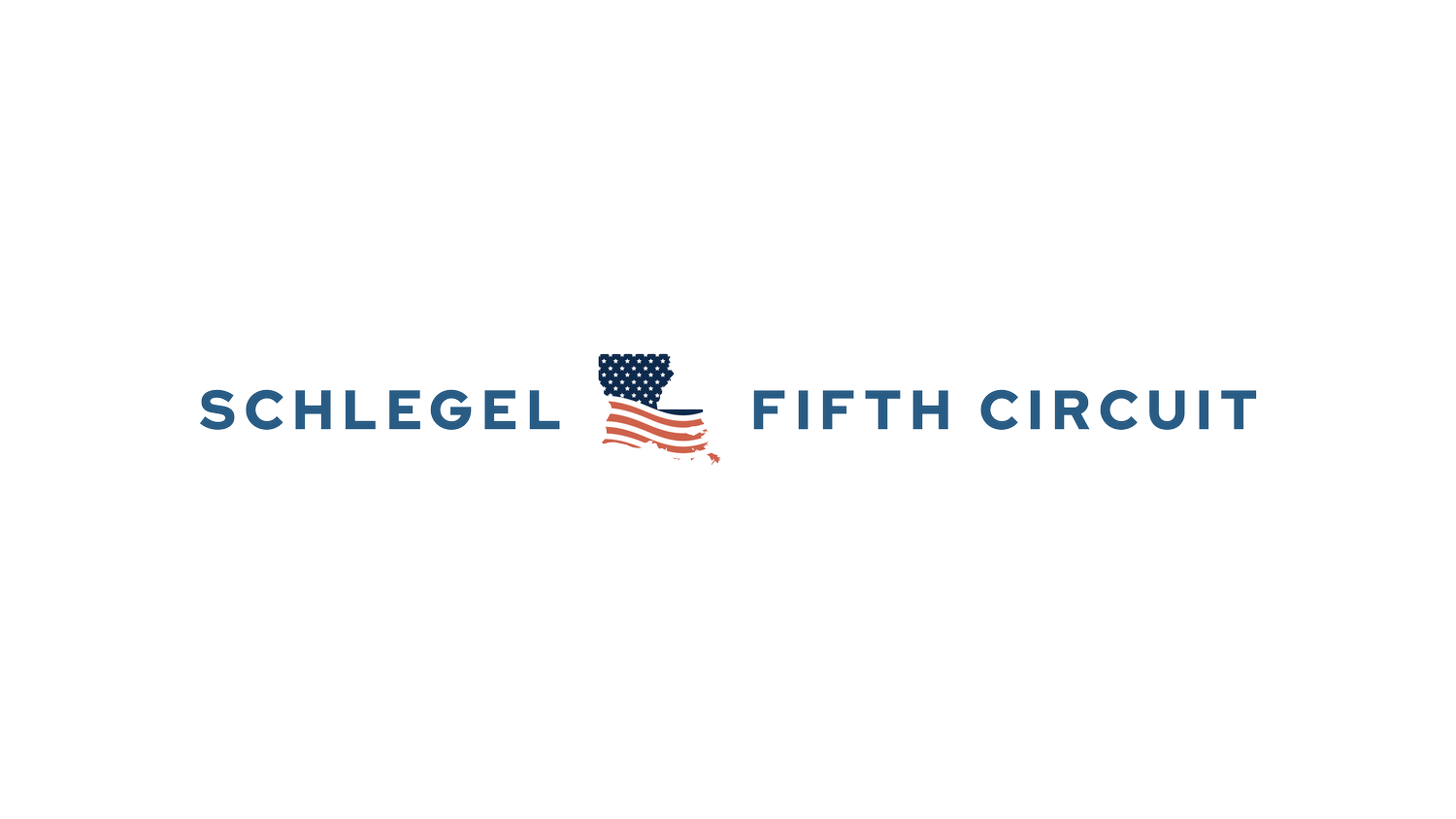So It Begins; Voice Cloning Coming to a Courthouse Near You
The recent incident involving a deepfake robocall from President Joe Biden in New Hampshire serves as a stark reminder of the challenges posed by voice cloning technology in our society and, more specifically, in the legal system.
The Rising Tide of Deepfakes
The technological prowess of deepfakes and voice cloning is advancing at an unprecedented pace. What was once the domain of Hollywood studios is now readily accessible, with tools capable of mimicking voices with chilling accuracy. The implications are wide-ranging, but in the legal sphere, they are particularly alarming.
The Impact on the Justice System
Imagine a courtroom where audio evidence, once a pillar of credibility, now comes under the shadow of doubt – is it genuine, or is it a deepfake? The integrity of the evidence is the bedrock of our justice system, and voice cloning technologies threaten to undermine this. As a judge, I find the prospect of voice cloning in legal contexts both intriguing for its potential to help with access to justice but very concerning for its impact on evidentiary issues.
The Responsibility of Legal Practitioners
With the advent of this technology, the onus will have to fall heavily on legal practitioners. Lawyers must now be more vigilant than ever, ensuring the authenticity of audio evidence before introducing it in court. This isn’t just about the admissibility of evidence; it’s about maintaining the integrity of our legal system. It calls for a collaboration between legal professionals and forensic experts, employing advanced tools and methods to authenticate digital evidence. Be sure of what you are about to introduce into evidence. The consequences to the parties, the public and even you, the lawyer, could be dire if the voice on an audio file was actually cloned.
Navigating Ethical Waters
As we chart these uncharted waters, ethical considerations come to the forefront. How do we balance the potential benefits of technology with the need to maintain fairness and integrity in legal proceedings? It’s a delicate balance, requiring ongoing dialogue, policy development, and education to ensure that these tools are used responsibly and ethically.
The Way Forward
As a legal community, we must adapt and evolve. This means updating legal education to include a deep understanding of these technologies, their capabilities, and their limitations. We need to foster a dialogue between judges, lawyers, technologists, and policymakers to address these emerging challenges effectively.
Conclusion
The deepfake dilemma isn’t just a theoretical concern; it's a looming reality. As we embrace these technologies, we must do so with a keen awareness of their impact and a commitment to uphold the principles of justice. The future of legal tech is not just about embracing new tools; it’s about ensuring that these tools serve the noble pursuit of justice.


